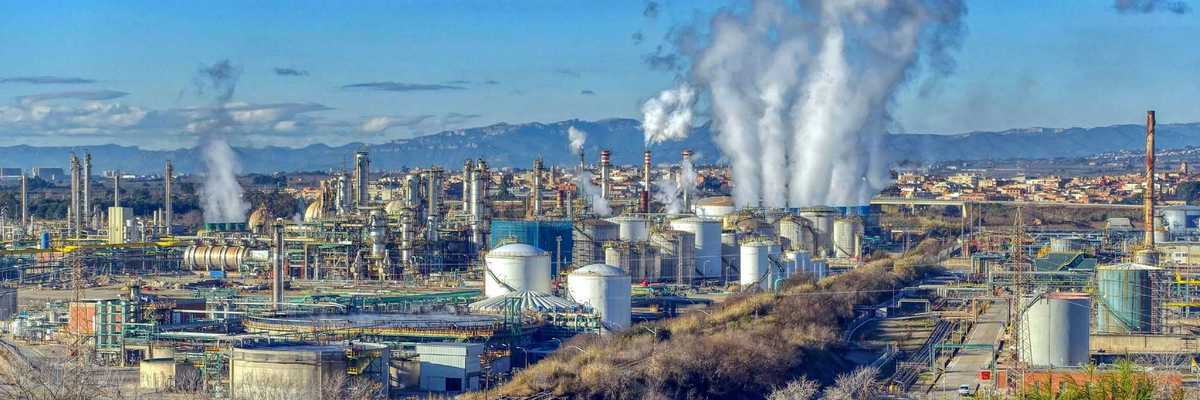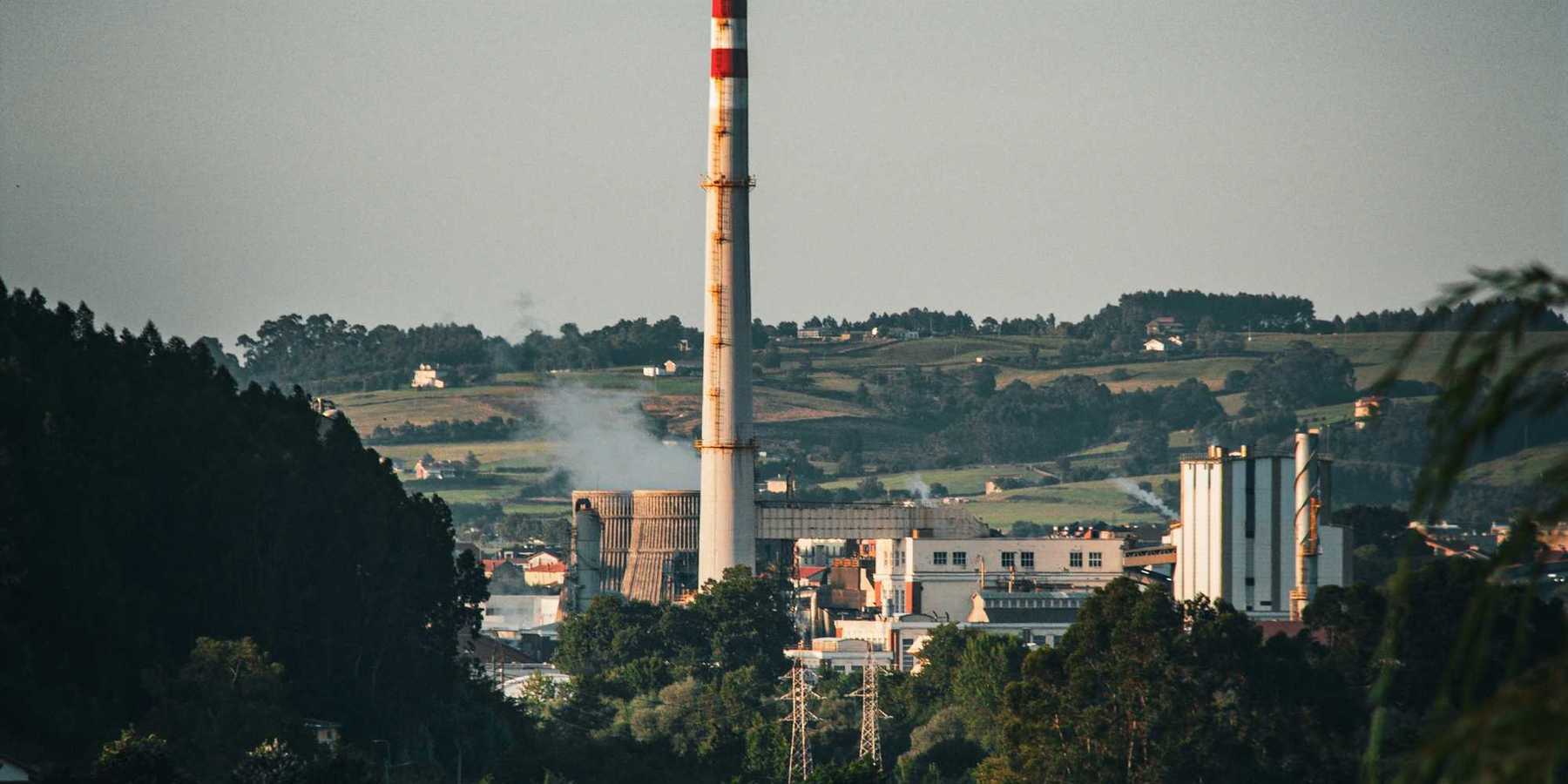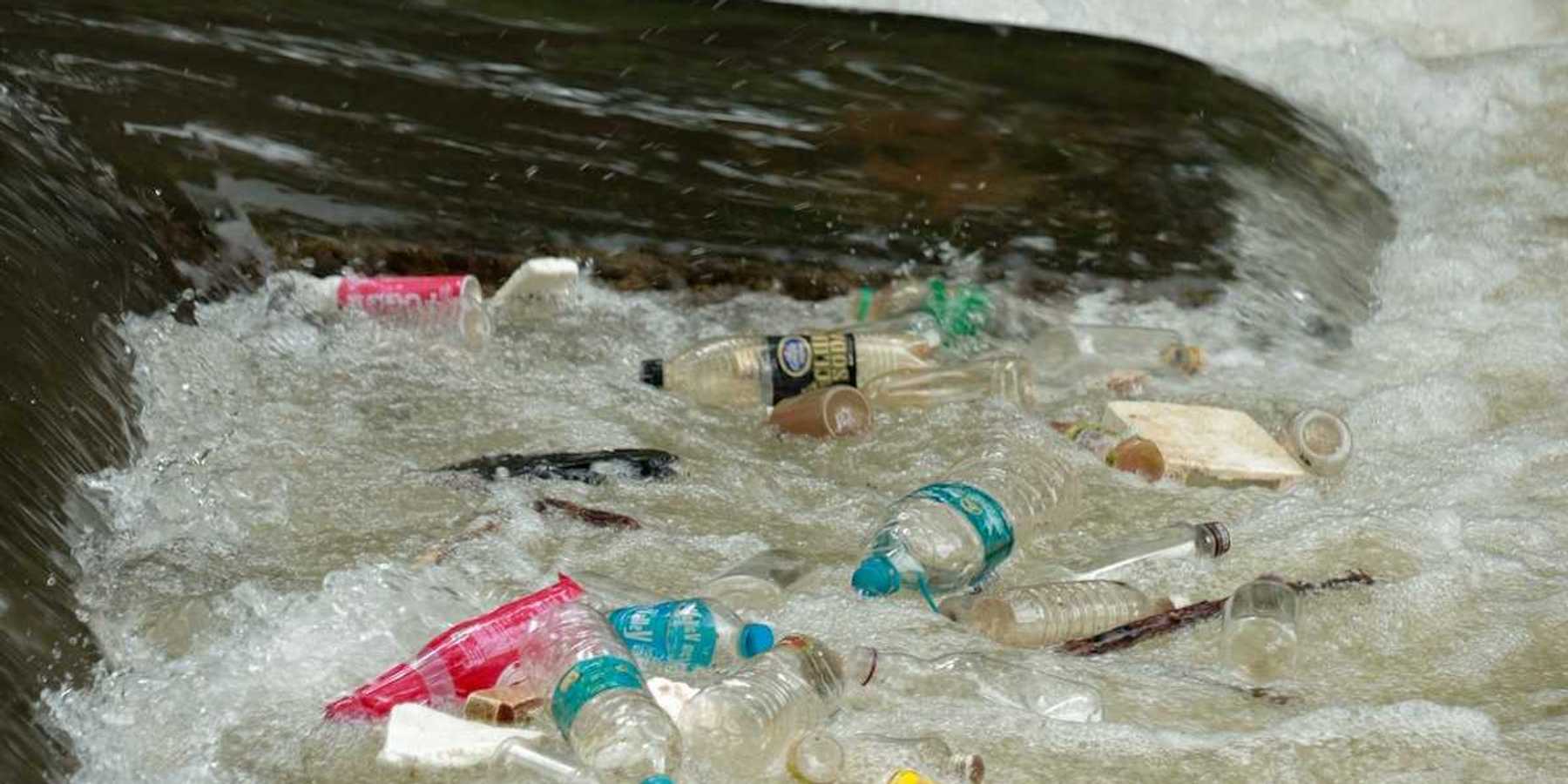heating
Unexpected temperature spike raises concerns among climate experts
Climate scientists are grappling with a sudden, unpredicted surge in global temperatures, which may signal a shift in the Earth’s climate system.
In short:
- A recent 13-month temperature spike has outpaced global heating predictions, leaving scientists uncertain.
- Experts are concerned this could indicate a fundamental change in the climate system, not just a temporary anomaly.
- Scientists are particularly alarmed by the potential loss of Earth's albedo, reducing the planet's ability to reflect heat.
Key quote:
“As climate change continues, every decade it gets warmer, the impact is larger and the consequences are greater.”
— Gavin Schmidt, director of NASA Goddard Institute for Space Studies
Why this matters:
Unexpected shifts in climate patterns suggest we may be underestimating the speed and severity of global warming. The inability to predict such changes could hinder effective policy responses to future climate crises.
Related coverage:
Oceans under threat from heating, deoxygenation, and acidification
The world's oceans are experiencing unprecedented stress from extreme heat, oxygen loss, and acidification due to human activities like burning fossil fuels and deforestation.
In short:
- A fifth of the world’s ocean surface is highly susceptible to these combined threats.
- Extreme conditions in the upper 300 meters of affected ocean areas now last three times longer and are six times more intense compared to the 1960s.
- The compounding threats particularly impact the tropics and the north Pacific.
Key quote:
“Oceans aren’t just a nice backdrop for your selfies in summer, we rely upon them for our lives.”
— Andrea Dutton, geologist and climate scientist at the University of Wisconsin–Madison
Why this matters:
The ocean's health is critical for maintaining global climate stability and supporting marine life. The increasing frequency and intensity of these extreme conditions threaten marine ecosystems and the livelihoods dependent on them.
Oceans hit unprecedented warmth as concerns mount among scientists
Scientists grapple with a surge in ocean heat, signaling a possible long-term planetary shift.
In short:
- This past year marked a staggering increase in ocean temperatures, an event beyond previous records.
- Experts are investigating various causes, including climate patterns like El Niño and reduced pollution from shipping, but no single factor has been pinpointed.
- The warmth has persisted, affecting nearly the entire surface of the oceans and potentially indicating a significant shift in Earth's systems.
Key quote:
“The time scale of the oceans is not as fast as the atmosphere. Once a change is established, I would say it’s almost irreversible in time scales that go from centennial to millennial.”
— Celeste Saulo, secretary general of the World Meteorological Organization
Why this matters:
The continued record warmth of our oceans is not just an environmental anomaly; it's a profound change that could alter weather patterns, impact marine life, and influence human health globally.
Ocean heat waves are happening far more frequently than previously thought.
Record-breaking warmth in the North Atlantic signals environmental alert
The North Atlantic Ocean's temperatures have surged to unprecedented levels, with current readings about 2 degrees Fahrenheit above the three-decade average.
In short:
- The 2023 heat trend in the North Atlantic continues into 2024, reaching new highs as shown by recent data charts.
- Factors like reduced windiness and decreased air pollution contribute to the warming, with significant impacts on marine life and industry.
- Predictions indicate that this warming trend will persist, potentially exacerbating the upcoming hurricane season and coral reef damage.
Key quote:
"It’s significantly warmer than it ever has been for this time of year,"
— Brian McNoldy, climate researcher at the University of Miami
Why this matters:
The Atlantic's temperature rise is a barometer for global warming, foretelling severe consequences for both marine ecosystems and human-related activities such as fishing and tourism. This trend also heralds a possibly intense hurricane season, emphasizing the urgency for carbon emission reduction and environmental policy reform.
A Pennsylvania college's leap towards a sustainable future
Swarthmore College is transitioning from fossil fuels to a renewable-powered geoexchange system for campus heating and cooling.
In short:
- Swarthmore College aims for carbon neutrality by 2035, replacing its century-old natural gas system with a renewable energy-powered geoexchange system.
- The project involves drilling 350 wells and is part of a broader commitment by higher education institutions to reduce greenhouse gas emissions.
- This initiative not only showcases Swarthmore's commitment to sustainability but also serves as a model for other institutions.
Key quote:
" ... it's time to think about positioning the institution for the next century of energy rather than looking toward last century's energy systems."
— Andy Feick, associate vice president for sustainable facilities operation and capital planning
Why this matters:
By prioritizing renewable energy, Swarthmore College not only aims to significantly reduce its carbon footprint but also sets a precedent for others, highlighting the importance of sustainable practices in safeguarding our environment and health.
Elizabeth Sawin: Steps to re-invigorate the economy must free us from polluting fossil fuels.
Winter strains on electric grids match summer challenges
In a shift from past trends, electric grids now face significant strain during winter months, matching the challenges traditionally seen in summer.
In short:
- Electric grids, initially designed for peak summer demand, are increasingly strained by winter usage due to growing electricity needs and aging infrastructure.
- The North American Electric Reliability Corporation predicts winter electricity demand may surpass summer usage by 2050, with current trends showing a rapid increase in winter demand.
- Challenges include inefficient electric heat pumps in extreme cold, reduced power imports from Canada, and the need for grid upgrades to accommodate changing demand patterns.
Key quote:
"We’re seeing both summer and winter peaks growing, but we’re seeing winter peaks growing faster."
— Jim Robb, chief executive of the North American Electric Reliability Corporation.
Why this matters:
This evolving trend in electricity usage underscores the need for grid modernization and adaptation, especially as it impacts health and safety during extreme weather. It also highlights the broader challenge of transitioning to sustainable energy sources while maintaining reliable power supply.
More people on the planet have access to electricity than ever before, however, the world is on pace to fall short on the goal of affordable and sustainable energy for all by 2030.









